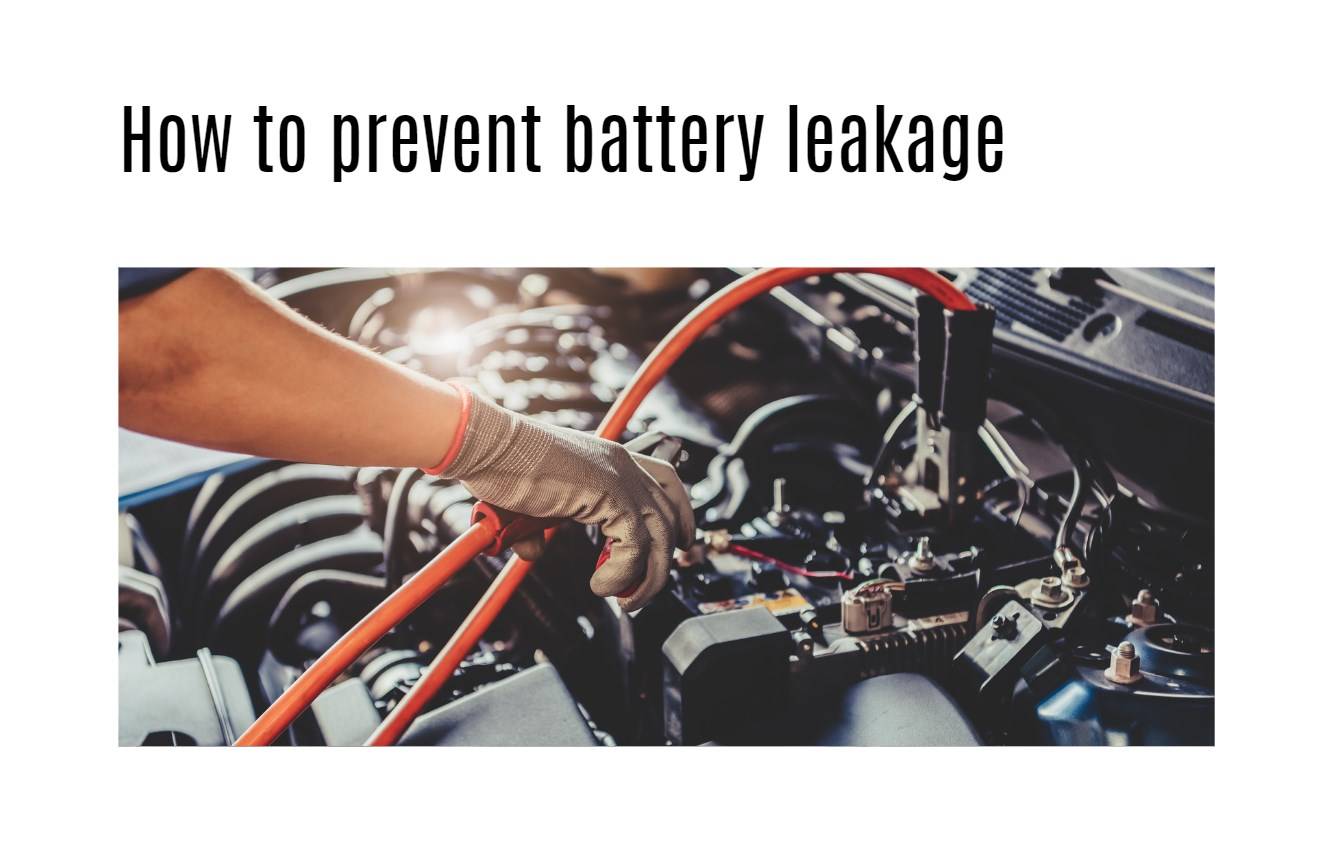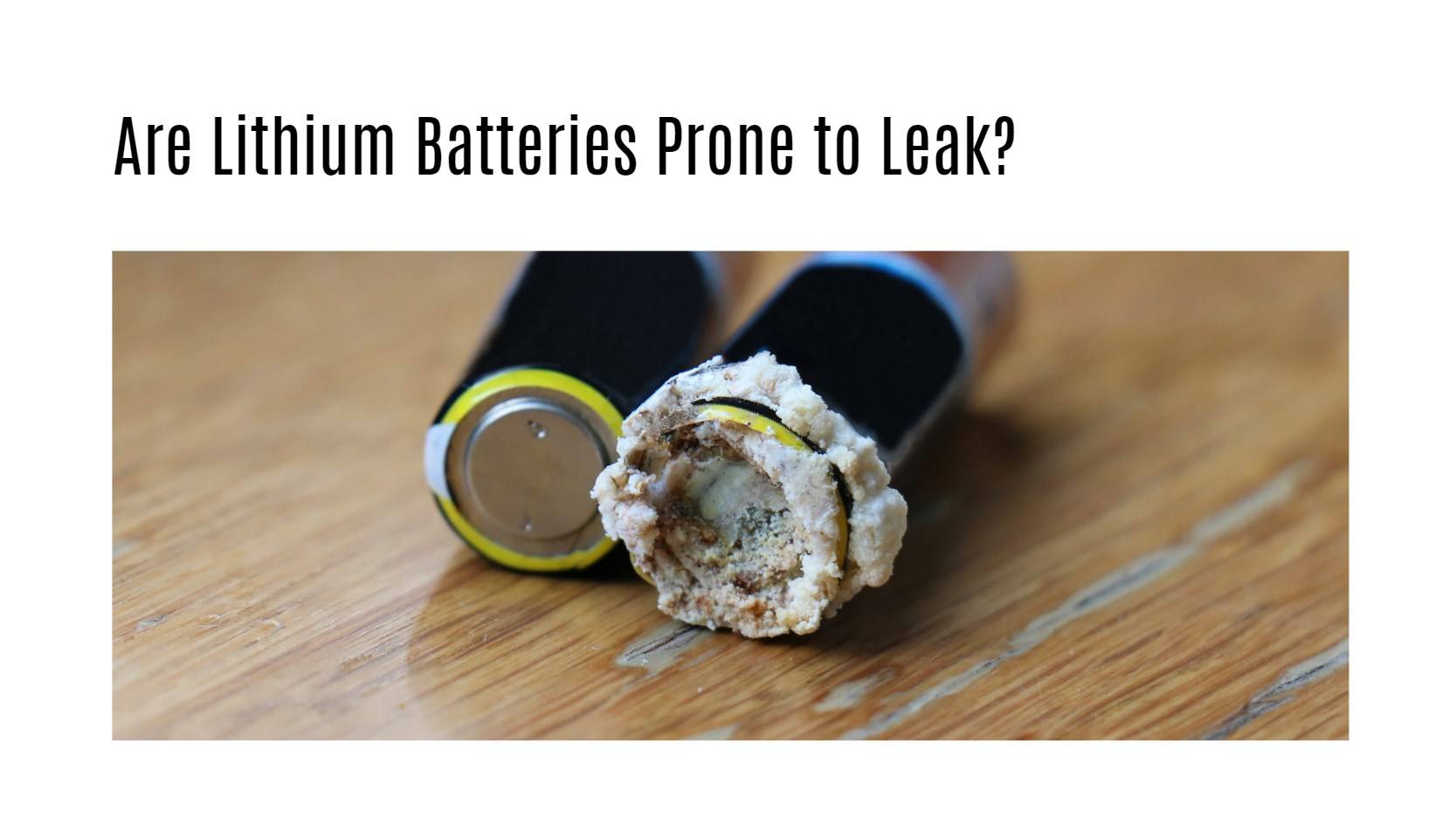Lithium batteries are generally less prone to leakage compared to traditional alkaline batteries due to their sealed design and non-corrosive materials. While they can leak under certain conditions, such as physical damage or manufacturing defects, proper handling and storage significantly reduce this risk.
How do lithium batteries compare to alkaline batteries regarding leakage?
Lithium batteries are designed with a sealed chemistry that minimizes the chances of leakage. Unlike alkaline batteries, which contain corrosive acids that can lead to leaks if seals fail, lithium batteries primarily use non-corrosive materials like lithium salts and polymers. This fundamental difference makes lithium batteries much less likely to leak during normal use.
What causes lithium batteries to leak?
While rare, several factors can contribute to lithium battery leakage:
- Overcharging: Excessive voltage can degrade the electrolyte, leading to gas buildup and potential rupture.
- Physical Damage: Dropping or puncturing a battery can compromise its integrity, allowing the electrolyte to escape.
- Manufacturing Defects: Poor sealing or inadequate construction during manufacturing may lead to leaks.
- Chemical Corrosion: Reactions with moisture can produce corrosive substances that damage the battery’s internal components.
| Cause of Leakage | Description |
|---|---|
| Overcharging | Excessive voltage leads to gas buildup. |
| Physical Damage | Punctures or drops compromise integrity. |
| Manufacturing Defects | Poor seals allow electrolyte escape. |
| Chemical Corrosion | Moisture reacts with electrolyte, causing damage. |
How can I handle a leaking lithium battery safely?
If you suspect a lithium battery is leaking, prioritize safety:
- Wear protective gloves and eyewear.
- Avoid direct contact with any leaked material.
- Place the battery in a safe, ventilated area away from flammable materials.
- Dispose of it according to local hazardous waste regulations.
What preventive measures can minimize the risk of leakage?
To reduce the risk of leakage:
- Use high-quality, reputable brands of lithium batteries.
- Avoid overcharging by using chargers designed for your specific battery type.
- Store batteries in a cool, dry place away from extreme temperatures.
- Conduct regular inspections for signs of wear or damage.
How can I identify a leaking lithium battery?
Signs of a leaking lithium battery include:
- Discoloration or corrosion around terminals.
- A foul-smelling odor, often metallic or sweet.
- Physical swelling or deformation of the battery casing.
Identifying these signs early can help prevent further damage to devices powered by the battery.
What should I do if I encounter a leaking lithium battery?
If you find a leaking lithium battery:
- Ensure your safety by wearing protective gear.
- Isolate the battery in a safe location.
- Follow local disposal guidelines for hazardous materials.
- Do not attempt to repair or recharge the leaking battery.
Are there alternatives to lithium batteries that are less prone to leakage?
While most modern batteries have improved designs that minimize leakage risks, alternatives like Redway Battery offer reliable solutions for various applications. They provide high-quality lithium-ion replacements that meet industry standards and reduce environmental impact.
What are the best practices for storing lithium batteries?
To store lithium batteries safely:
- Keep them in a cool, dry environment away from direct sunlight.
- Use plastic holders or containers designed for battery storage.
- Avoid exposing them to extreme temperatures or humidity levels.
Proper storage helps maintain performance and reduces the likelihood of leakage.
How can OEM buyers ensure quality and safety in lithium battery procurement?
Tips for Battery Wholesale Buyers: When sourcing lithium batteries from OEM suppliers:
- Research manufacturers with proven reputations for quality control.
- Look for companies like Redway Battery, known for their expertise and reliability in producing high-quality lithium products.
- Ensure that they provide clear specifications and certifications for their products.
Redway Battery has over 13 years of experience in manufacturing lithium-ion batteries, making them an excellent choice for wholesale buyers seeking quality assurance.
Redway Battery Expert Insight
“Understanding the risks associated with battery leakage is crucial for both consumers and manufacturers,” states an expert from Redway Battery. “By investing in high-quality products and following best practices for usage and storage, we can significantly minimize these risks.”
FAQ Section
- Can all lithium batteries leak?
No, while there is a possibility of leakage under certain conditions (e.g., damage), they are generally less prone compared to other types. - What should I do if I encounter a leaking lithium battery?
Prioritize safety by wearing protective gear and disposing of it according to local hazardous waste regulations. - Are there alternatives to lithium batteries that are less prone to leakage?
Yes, options like Redway Battery provide reliable alternatives with high-quality manufacturing standards. - How can I prevent my lithium batteries from leaking?
Use reputable brands, avoid overcharging, store them properly, and inspect regularly for signs of damage.
This comprehensive guide aims to equip you with essential knowledge about the potential risks associated with lithium batteries and how to mitigate them effectively.

Conclusion
In conclusion, lithium batteries can leak if they are overcharged or exposed to high temperatures. However, there are some precautions you can take such as ensuring that the battery is correctly stored and handled to reduce the risk of leakage. Additionally, it is important to ensure you get a good quality product that meets industry standards so that your battery will be reliable and safe for use.



